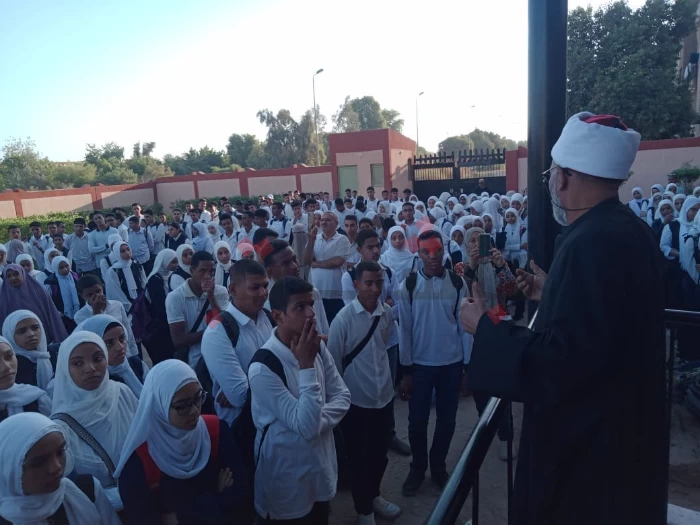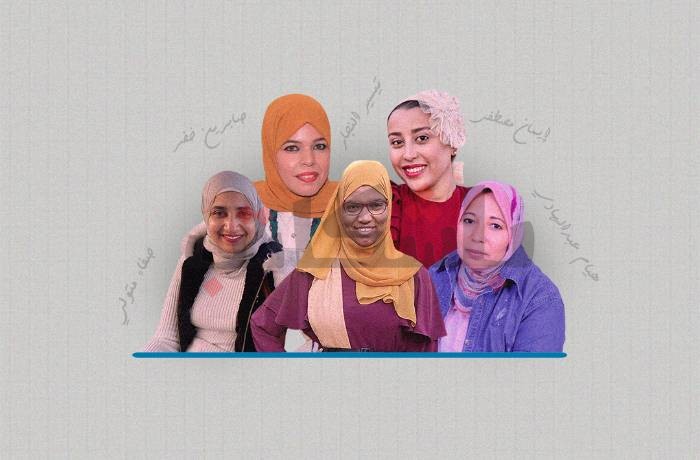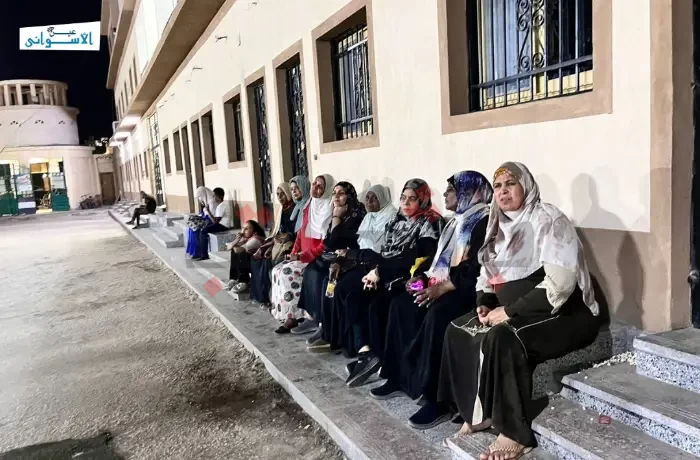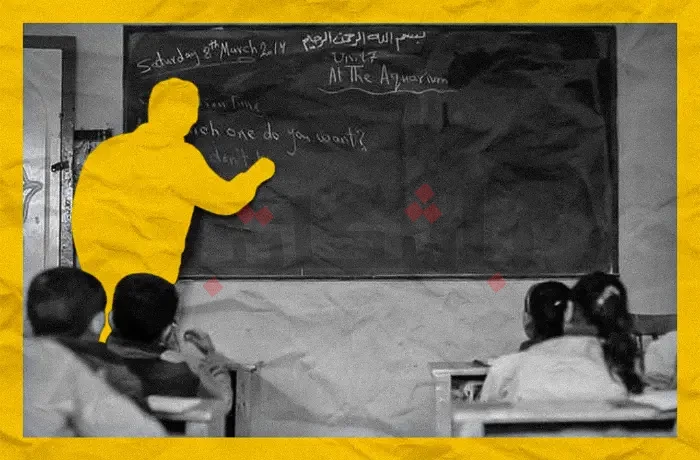Doaa Mohamed, mother of first-grader Nour from Aswan, was brimming with excitement on her daughter’s first day at school. However, this initial joy quickly soured as Nour’s relentless complaints of daily bullying by her classmates turned her mother’s enthusiasm into profound despair.
From a small age, Nour struggled with the habit of nose-picking, a trait that made her a target for bullying by her classmates. Despite her numerous efforts to overcome this habit, the persistent mockery and ridicule from her peers rendered her attempts futile and left her grappling with this challenge.
The other girls began to distance themselves from Nour, accusing her of being unclean and taunting her with cruel names, ultimately driving her to avoid school altogether. “It’s a bad habit, but they have no right to bully her. The psychological toll has been immense; she cries every day and now despises a place that should have been sage,” her mother laments.
Nour is among the numerous students in Egypt enduring daily bullying at the hands of their peers in public schools. Many of these institutions lack effective anti-bullying measures and awareness programs, failing to address and mitigate this pervasive issue. Consequently, students are subjected to humiliating practices that severely impact their psychological well-being and exacerbate their feelings of isolation.
Bullying's Toll on Children
Dr. Maysa Fadel, a renowned educational expert and professor of Educational Psychology at the National Examinations Center, asserts that bullying can lead to a child’s future introversion and fear of social interaction. Moreover, she notes that the victimized child may later resort to violence as a reaction to the torment they endured.
“Bullying inflicts profound psychological harm on children, who are at a vulnerable age and in desperate need of emotional and psychological support to feel secure and a sense of belonging. When they receive the opposite, the impact on their mental well-being is severe. Therefore, it is imperative for schools to implement clear and effective mechanisms to combat bullying,” says Fadel to Ain Al-Aswany.
Ministry of Education and Combating Bullying
The Ministry of Education currently lacks a dedicated mechanism to combat bullying in schools. However, in September 2024, the Ministry issued the Educational Motivation and School Discipline Regulations for the Pre-University Education Stage.
The regulation classifies bullying as a form of abuse and intentional psychological harm, stipulating penalties for all bullying-related violations. In cases where the violation constitutes a major crime, it is escalated to the judiciary as a criminal case for adjudication.
According to what Dr. Mohamed Al-Senousi, Director General of Educational Services at the Aswan Education Directorate, told Ain Al-Aswany, some schools in Aswan have implemented this regulation. He noted that each school establishes a protection committee comprising the school principal, the chairman of the board of trustees, parents, trustees, teachers, the student affairs officer, social and psychological specialists, and the school security officer. This committee is tasked with gathering information and handling complaints related to bullying, with each school developing its own strategies to combat the issue.
Ways to Combat Bullying in Schools
One such method is implemented by Awad Al-Sayed Secondary School for Girls in Aswan. Amal Abdulmawgoud, the school’s principal, explained to Ain Al-Aswany: “we begin by cautioning the students against harming one another. If the bullying persists, the next step involves summoning the parent.”
“As a third measure, the bullying student is required to sign a pledge committing to cease harming their peers. Should the behavior persist, the student faces a three-day suspension, and continued infractions result in permanent expulsion. Additionally, the school undertakes awareness initiatives by displaying a list of bullying offenses and corresponding punishments, as well as organizing seminars to combat bullying,” she adds.
Amany’s Son Facing Violence and Bullying
Despite these efforts, Duaa Mahmoud’s son, Yaseen, a primary school student in Aswan, fell victim to bullying over his body and appearance, and faced physical violence from a classmate that escalated to beatings.
Duaa recounts that when she approached the school social worker to file a complaint, her concerns were largely ignored. She issued a summons for the guardian of the bullying student, but they failed to appear, resulting in the incident being dismissed without any repercussions. This lack of action deeply affected her son’s psyche, prompting Amani to seek alternative measures to protect him from further bullying.
Reasons Behind Bullying
Educational expert Maysa Fadel identifies several contributing factors to bullying, including insufficient parental guidance, failure to instill values, and exposure to domestic violence. She emphasizes that although the activation of anti-bullying regulations in schools is crucial, their effectiveness is undermined by the lack of parental support.
Nour and Yaseen are not isolated cases of bullying in Egypt. Last December, a tragic incident unfolded in Qalyubia Governorate, where a 14-year-old first-year middle school student succumbed to her injuries after a violent interaction with a classmate. The forceful push caused her head to hit a solid object within the school premises, leading to her untimely death.
According to a 2023 report by the United Nations Children’s Fund, approximately 130 million students globally are subjected to bullying each year.
A Quest for Ending Bullying
According to Al-Senousi, Director General of Educational Services, effective anti-bullying efforts necessitate collaboration between families and schools. He asserts that the regulations fail to achieve their intended impact largely due to insufficient cooperation from families.
Educational expert Maysa Fadel asserts that the key to addressing bullying lies in engaging students in group activities. Amal, the principal of Awad Al-Sayed School, concurs, emphasizing that such activities not only full students’ free time but also foster a spirit of fair competition, steering them away from bullying behaviors.
Amid the quest for effective solutions, Nour and Yaseen continue to endure bullying. This ongoing struggle is exacerbated by the absence of comprehensive anti-bullying mechanisms across schools and a lack of parental involvement in raising awareness.
All students’ names mentioned have been changed to pseudonyms to safeguard their social identities.











